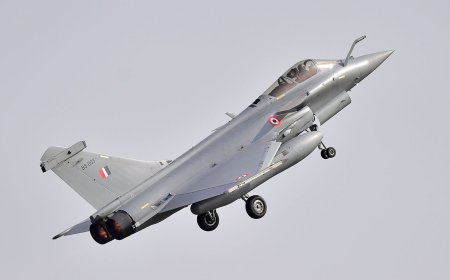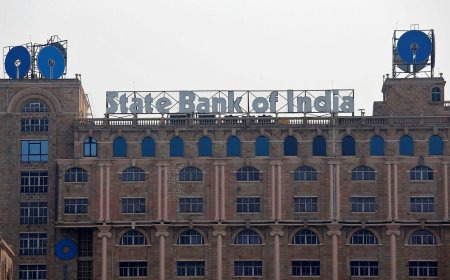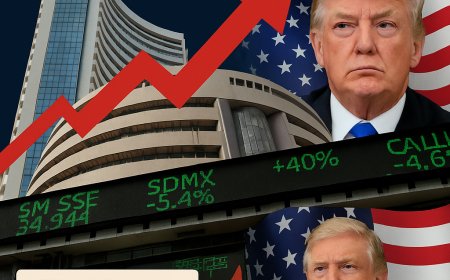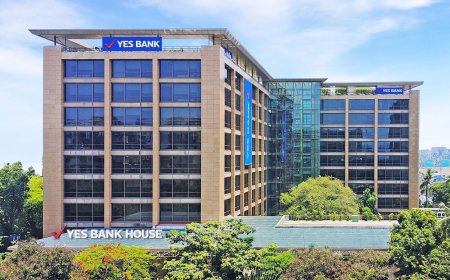BJP minister Nitesh Rane dubs Uddhav and Raj Thackeray' joint rally as 'jihadi and anti-Hindu gathering'
BJP Minister Nitesh Rane has stirred controversy by labeling Uddhav and Raj Thackeray’s joint rally as ‘jihadi and anti-Hindu’. Political analysts assess the impact on Maharashtra's upcoming elections.
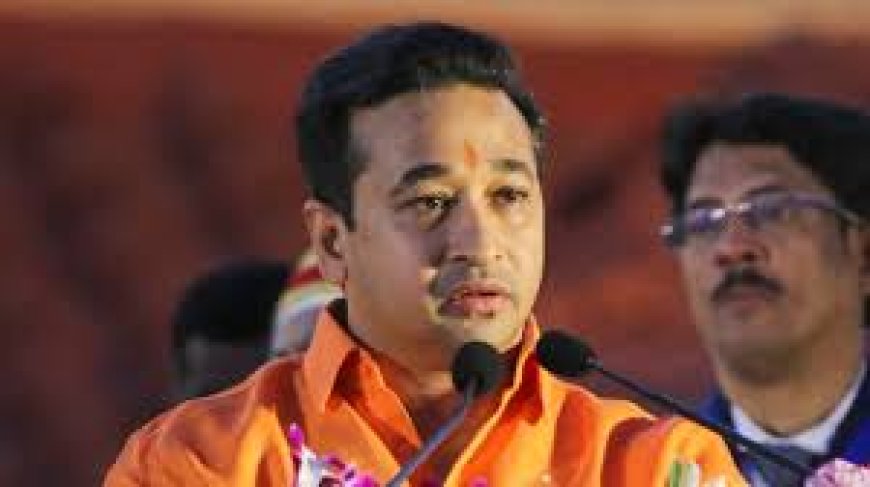
Mumbai, July 5, 2025 –
In a development that has stirred fresh controversy in Maharashtra’s politically sensitive climate, BJP MLA and state minister Nitesh Rane has launched a scathing attack on the recent joint rally held by Shiv Sena (UBT) leader Uddhav Thackeray and Maharashtra Navnirman Sena (MNS) chief Raj Thackeray. Rane referred to the event as a “jihadi and anti-Hindu gathering,” accusing both leaders of aligning against the interests of the state’s majority Hindu population.
This outburst comes as political temperatures rise in Maharashtra ahead of the upcoming civic polls, with political realignments, ideological narratives, and legacy feuds dominating headlines.
The Joint Thackeray Rally: A Historic First
Held in Mumbai’s Shivaji Park, the rally was the first major joint appearance by Uddhav and Raj Thackeray since their infamous political split over two decades ago. Branded as a "Maharashtra First" show of strength, the event focused on unity, secularism, and resistance to what the Thackerays described as “authoritarian central rule.”
Both leaders criticized the BJP's approach to governance, accusing the party of communal polarization, economic mismanagement, and systematic erosion of constitutional institutions. The rally was widely attended and symbolically powerful for those hoping for an anti-BJP coalition in the state.
Nitesh Rane’s Provocative Allegations
Reacting sharply to the Thackeray bonhomie, BJP’s Nitesh Rane described the rally as “a jihadi mindset taking over the Marathi political space.” In a series of posts on X (formerly Twitter) and in remarks to reporters, Rane said:
“The coming together of Uddhav and Raj is not about Maharashtra. It is about appeasement politics. The event yesterday was nothing less than an anti-Hindu, jihadi gathering. This is not the Marathi pride we stand for.”
Rane also alleged that the rally deliberately avoided topics such as illegal immigration, rising religious fundamentalism, and the appeasement of minority voters. “The Thackerays have betrayed Balasaheb’s ideology,” he added, invoking the late Shiv Sena founder known for his hardline Hindutva stance.
Reactions From Political Circles
Uddhav Thackeray hit back promptly, terming Rane’s remarks “derogatory, defamatory, and inciting.” He said:
“This is the language of cowards who know they are losing ground in Maharashtra. The people of the state can see through the BJP’s panic and propaganda.”
MNS spokespersons maintained a more restrained tone but emphasized that Rane’s comments were “dangerous” and a “desperate attempt to provoke communal tension.”
Congress and NCP leaders, who are part of the MVA alliance along with Uddhav's Shiv Sena faction, also condemned the remarks and called for an apology and possible legal action.
Analysts: Communal Rhetoric as Political Strategy
Political analyst Prashant Gokhale notes that Rane’s comments are indicative of the BJP’s evolving narrative for the civic polls and subsequent state elections.
“Calling a mainstream, publicly attended political rally 'jihadi' is not just rhetoric—it’s a calculated move. BJP is reinforcing its Hindutva credentials to its core base, especially as traditional allies realign against them.”
He adds that BJP’s concern stems from the potential consolidation of the Marathi vote base, which has historically been split between Uddhav and Raj Thackeray.
Another analyst, Dr. Saee Patil, highlights the risks involved in such statements.
“This kind of labeling could backfire. Maharashtra is politically aware and has seen through communal tactics before. Such aggressive posturing might galvanize opposition unity further.”
Market Context: Political Volatility and Business Confidence
Investors and market participants are closely watching Maharashtra’s political landscape, especially with Mumbai being the country’s financial capital.
“Markets prefer stability,” says Ritesh Malhotra, a senior portfolio manager at Akshar Capital. “Whenever there’s a spike in political noise—especially with communal overtones—investors get jittery about policy continuity and regulatory direction.”
Real estate, infrastructure, and banking sectors, which are heavily influenced by state-level decisions, are especially vulnerable to political shocks.
While the markets remained relatively stable after the rally, analysts caution that escalated confrontations or law and order concerns could lead to short-term pullbacks in Maharashtra-focused stocks.
Investor Outlook: Navigating the Noise
From an investor perspective, while the current tensions are more political than economic, prolonged instability could affect sectors like:
-
Real Estate: Projects in Mumbai, Thane, and Pune could face delays if governance changes or conflict escalates.
-
Banking: PSU banks with significant loan exposure in the state could experience policy unpredictability.
-
Infrastructure: Large metro rail and highway projects may encounter administrative flux if leadership changes.
Most institutional investors, however, are adopting a wait-and-watch stance. “Elections are always noisy. The key is whether this rhetoric translates into disruptive policy action. So far, it’s verbal fireworks,” notes Malhotra.
High Stakes, Sharpened Swords
As Maharashtra inches closer to elections, political polarization is expected to deepen. The rekindled alliance between Uddhav and Raj Thackeray is reshaping the opposition landscape, while BJP leaders like Nitesh Rane are sharpening their ideological offensive.
Whether this hardline narrative consolidates BJP’s vote bank or alienates key voter segments remains to be seen. But one thing is certain: the battle for Maharashtra is heating up—and it's being fought not just on the ground, but through words that carry the weight of deep-rooted identity politics.
What's Your Reaction?
 Like
0
Like
0
 Dislike
0
Dislike
0
 Love
0
Love
0
 Funny
0
Funny
0
 Angry
0
Angry
0
 Sad
0
Sad
0
 Wow
0
Wow
0




























































